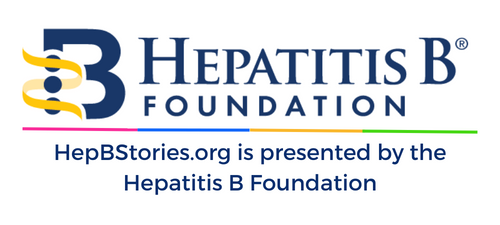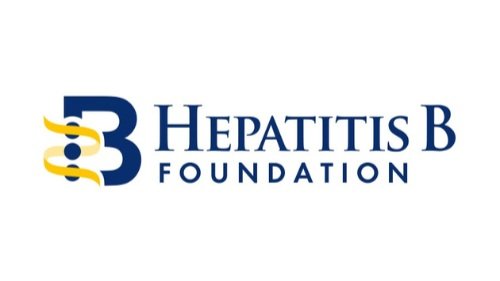To Vaccinate or Not?
Vignettes are stories inspired by real-life events that affect many people living with hepatitis B/D.
The Scenario
Taelani grew up in Kauai County, Hawaii. Taelani works as an educational coordinator for her local community health center. Recently, she developed a toolkit to share updated information on adult hepatitis B vaccine guidelines for community members. Community members of the health center were not aware of hepatitis B or the current vaccine recommendations, so she decided to host a talk at a health and education event at the health center to respond to the needs and concerns of her community.
Questions
A pregnant woman asked Taelani if the hepatitis B vaccine could hurt her child or if she should wait to get the vaccine after giving birth. An elderly gentleman asked her if the vaccine is necessary for older people or those who don’t have any symptoms. Another man questioned if the vaccine is free or would it require a high out of pocket fee.
Survey
As Taelani received more questions about hepatitis B and vaccine misinformation, she designed a short survey to understand the role of social media habits in forming people’s beliefs and opinions about hepatitis B and vaccines in general. She distributed the survey to her community partners and collected data at the following educational event at the health center.
Findings
Taelani found that many people reported spending several hours on social media each day. She also found that most people used Facebook, X, Instagram, and WhatsApp to get information on health and wellness. As Taelani discussed the results with the medical officer at the health center, she found out that many people were refusing to get vaccinated because of non-medical theories frequently shared on social media.
What is the challenge?
-
When Taelani developed educational materials for hepatitis B vaccination, she realized that many people were not aware of hepatitis B and its link to liver cancer. Hepatitis B is often underprioritized in healthcare settings so many people are unaware of the dangers associated with this virus. This also makes it less likely for people to get vaccinated for hepatitis B.
-
Social media is a revolutionary tool in sharing information to a wide range of audiences. This also makes it a potentially dangerous tool in undermining vaccine confidence among vulnerable populations. The best way to counter misinformation associated with hepatitis B vaccines is to develop simplified and fact-backed educational resources dispelling common myths about hepatitis B, vaccines, and liver cancer. Increasing social media engagement with followers by using creative methods (live stories, reels, etc.) helps raise the profile of hepatitis B and the importance of getting vaccinated.
-
Taelani took the initiative to learn about the needs and concerns of her community before making plans to develop a new program or method. It’s important to listen to the needs of the community and build trusting relationships. Hosting educational events, asking for feedback, and providing a comfortable space for members to ask questions helps build trust among community members and public health professionals.
It’s important to address the questions and concerns posed by the community and give an explanation backed by facts.
Q: Can pregnant women get vaccinated?
A: The CDC recommends for pregnant persons to get vaccinated for hepatitis B in accordance with the updated recommendation that all adults (18-59 years of age) should be vaccinated for hepatitis B. Getting vaccinated while pregnant is considered safe and does not pose a risk to the child or the mother. Learn more here.
Q: Is the vaccine necessary for older people without noticeable symptoms?
A: The CDC recommends the hepatitis B vaccine for all adults between the ages of 18 to 59 years old. For those who are 60 or older, the CDC recommends the vaccine if risk factors are present. Learn more about the recommendations and risk factors here.
Q: Is the vaccine free?
A: The hepatitis B vaccine is free of charge under most insurance plans. There are also other ways to get the hepatitis B vaccine for free or at a reduced price. Contact your local health department to learn more.
What can you do?
-
Use and adapt the resources linked to address common myths and misconceptions about the hepatitis B vaccine.
https://www.hepb.org/prevention-and-diagnosis/vaccination/
https://www.hepb.org/assets/Uploads/Hepatitis-B-Vaccine-Fact-Sheet-Updated-Jan.2022-v4.pdf.pdf
-
Use social media to your advantage by countering misinformation with accurate education on the hepatitis B vaccine and recommendations by the CDC. Develop toolkits that are simplified and answer common questions about the vaccine. Increase engagement through social media posts, short stories, and videos featuring providers, community members and storytellers.
https://www.hepb.org/prevention-and-diagnosis/prevention-education-resources/





